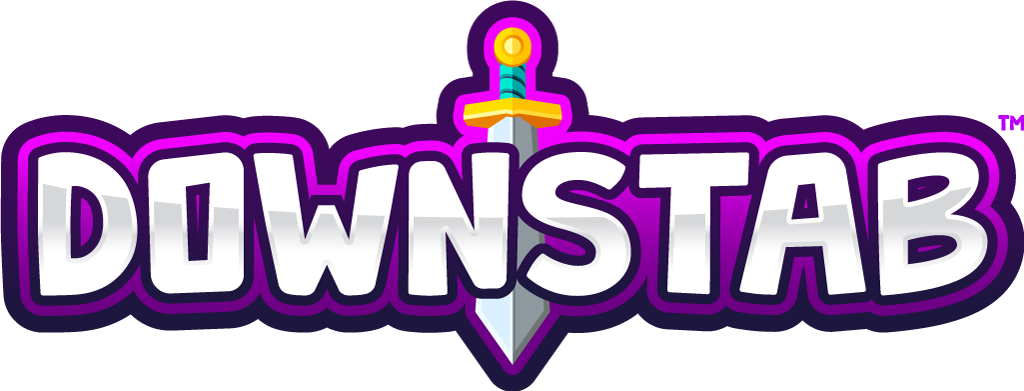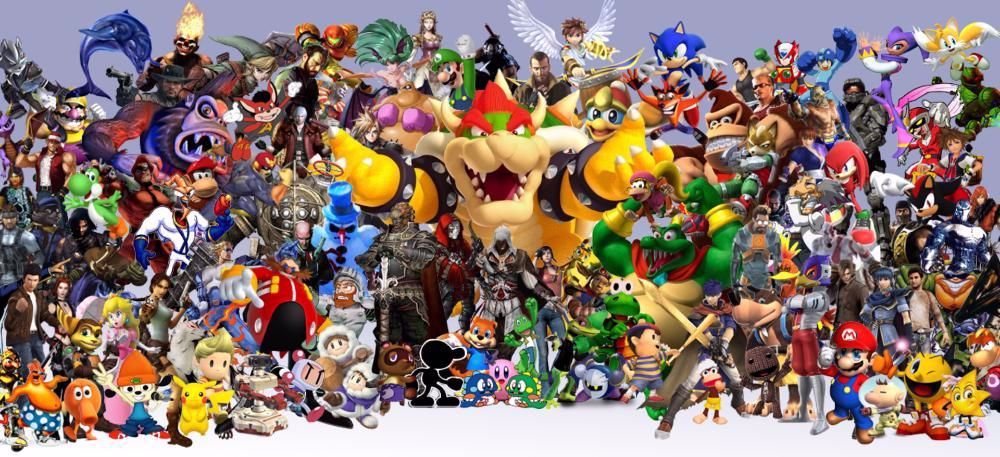Game collectors have a lot to enjoy about their hobby: playing the game itself might not even top that list. There’s a sort of art you might take when looking for a certain game, a specific console, or a very sought after piece to complete your collection. This dedication to the craft can be exhilarating, oftentimes resulting in stories about finding the game being far more interesting than what the actual game has to offer.
But if you’re just starting off collecting you might feel overwhelmed by the amount of options begging for your attention. What games should you be on the lookout for? Which items are more expensive than others? How can you find a great deal while searching through bins of games and online marketplaces full of options?
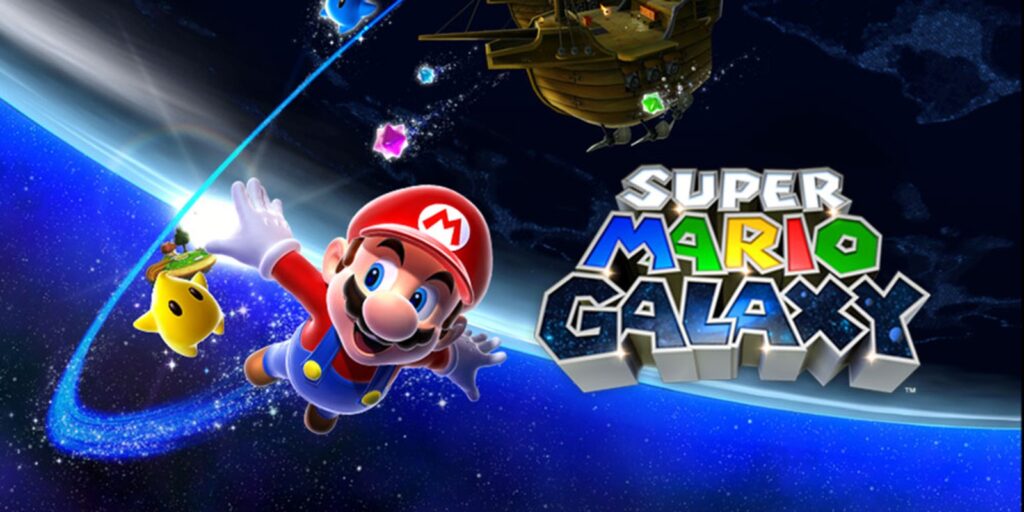
Here are some tips I’ve developed over the years which I utilize every time I am searching for games. They not only help me narrow down which games might be worth investing some time and money in, but also which titles may be in higher demand than others. If you’re not sure where to start looking when you’re out there on your own, I suggest keeping the following in mind.
Recognize Big Brands
From Nintendo to Sony, Master Chief to Pikachu, there are a ton of familiar faces in gaming. Having some understanding of these popular franchises and developers can aid you immensely when looking for games. And possibly not for the reasons you think.
Let’s take Nintendo’s Mario for example. He’s synonymous with gaming. As such, he’s been around for nearly 30 years. You are more often than not going to find Super Mario titles when looking through bins of old Nintendo games. These games will be a lot more recognizable than less well known franchises (for example, the Klonoa series). Due to this, sellers may often price Mario games higher than Klonoa games due to brand recognition. This can be good or bad.
While big names like Mario draw in casual gamers (they see a name like Mario and are instantly gripped by nostalgia), the scarcity of these games are not low. This means you’re more likely to keep running into, say, Super Mario Galaxy on the Wii a lot more often than you would Klonoa on the Wii. Both games are platformers, both have solid fanbases, both are good games (in their own way), but Mario is way easier to find than Klonoa. Sellers might markup Super Mario Galaxy relying on someone’s nostalgia to make a sale, while a truly hard to find game like Klonoa might go for the same amount.
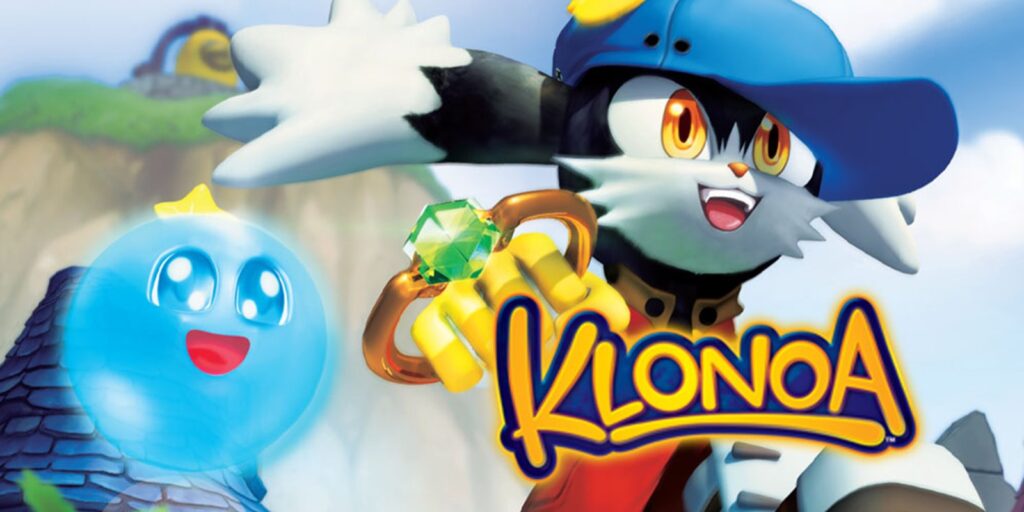
Understanding the popularity of video game characters, franchises, and publishers is a great place to make a foundation for your gaming knowledge. Know what the market of casual gamers wants and you can make some smart choices about your purchase.
The Small But Mighty Publisher
On the opposite side of the token of popularity are the niche publishers. These are the lesser known names in gaming, but have made just as much an impact. These are developers like Atlus, Working Designs, and Platinum Games. They can even be somewhat well known publisher’s like Square Enix or Sega. The takeaway here is to recognize some smaller publishers that have quality tied to their name, which in turn can make their games worth seeking out.
Let’s look at Working Designs. They brought over to the United States a handful of RPGs and other games to the PS1, Saturn, and more. Due to their limited yet impressive production of these games, almost every single one of their games is highly sought after in collector circles. Understanding that and knowing when you see their iconic pink rectangular logo in the bottom corner of a game you should be interested can help you out, especially when looking at game lots or bundles.
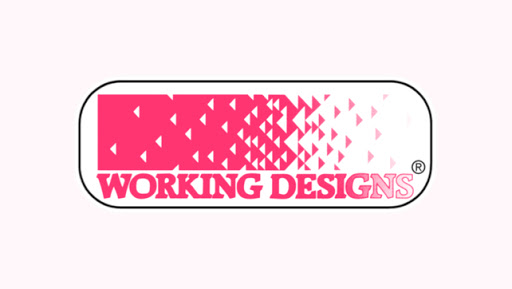
The same ideas can go for bigger publishers too, like Square Enix. Their older titles are highly sought after due to limited production and high quality gameplay. Also, in this example, Square Enix has become more recognizable in today’s market, so their earlier games have increased in popularity and demand. It’s hard to really predict how and when this will happen, but keeping an eye on market trends can aid in future hunts.
Pick Your Favorite Franchises
There are thousands of video games out there. A console can have hundreds of games released for it. A series can start out on one system only to move to another system down the road. Some series’ even have the same game release on multiple console with drastically differing gameplay. It would be amazing to know all you can about every game out there, but in practice you’re only going to know about a few series’. And that’s alright.
Becoming a “master” of a series, publisher, developer, or even just a single console, can help guide you and define what you are on the look for. Not only does having a franchise you like to collect for give your collecting some form or purpose, it also makes hunting for specific games much easier. This can also turn your attention toward other consoles to finish a collection as well.
Finally, and something I’ve mentioned here before, the benefit of knowledge about games can go incredibly far. Simply knowing a franchise is collectible, like the Working Designs example above, can help you in focusing what you are searching for.
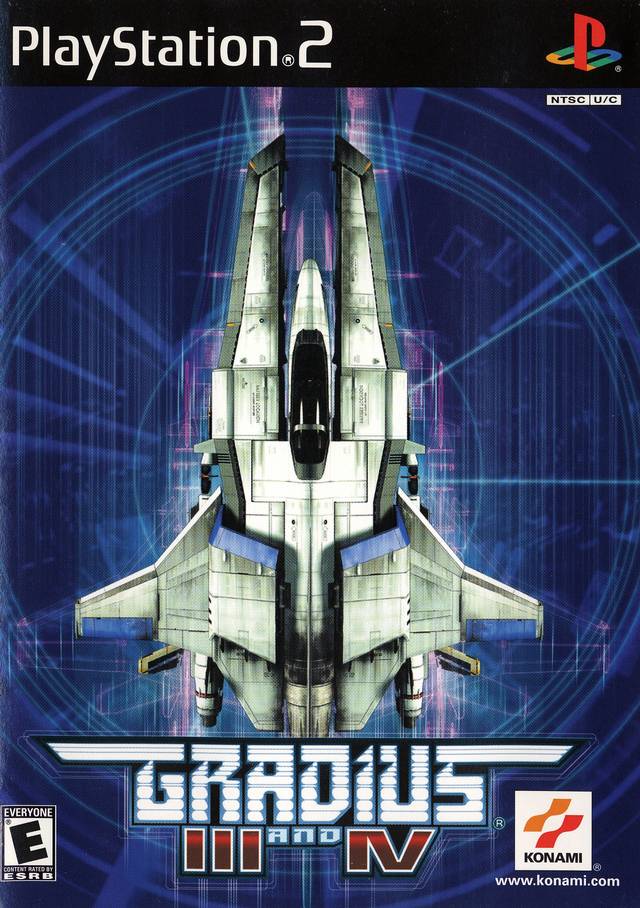
Take for example the side scrolling shooter series Gradius. What started in the arcades and shifted to the NES eventually moved forward to the PS1 and PS2 era of consoles before kind of dying off. Regardless, any game within the Gradius series is somewhat rare and usually commands a higher than normal price. If you know that and you see a random copy of Gradius III & IV among other common PS2 games, you might want to think of investing.
Research and Take Notes
While I personally don’t take physical notes, I certainly do my research before buying any game. And I don’t mean just checking prices on eBay.
Video games are collectible for many reasons, some of which were stated above. But other collectors like to buy games from a certain game developer, so when they leave a studio and form their own, they might want to buy those games. The same can go with game composers, or even artists. Though these don’t always translate to rare, or expensive, or even quality video games, they do create a new way for you to look for games.
A friend of mine enjoys a particular series of games because of the music. He even goes so far as to check out the other games this composer has written tracks for, oftentimes on entirely different platforms and across gaming genres. I can’t quantify any evidence this leads to more rare titles, but it could be something worth collecting, and just knowing there is a connection between multiple games is worth something.
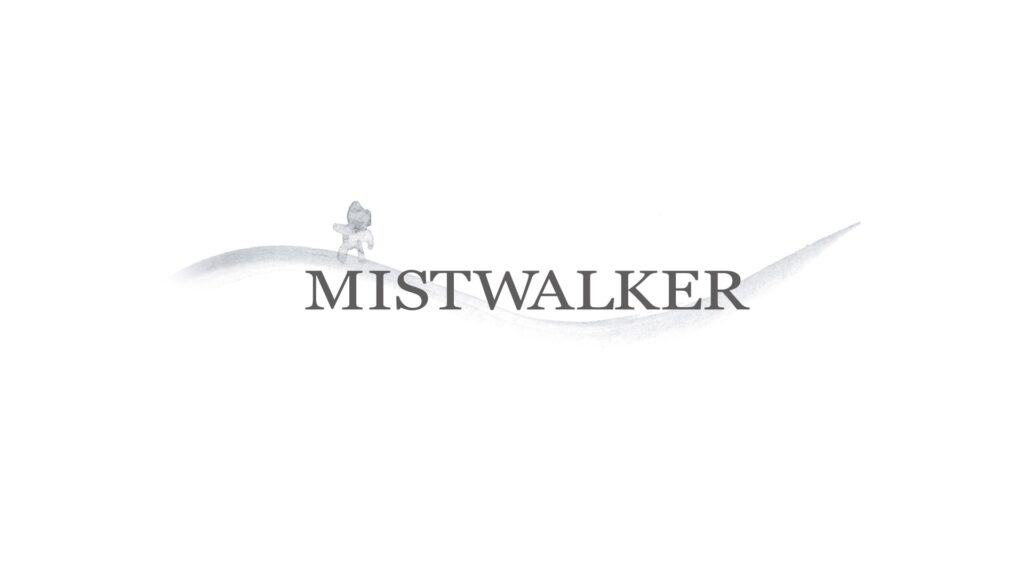
I can say I’ve done this with a few developers, notably Final Fantasy developer Hironobu Sakaguchi. After he moved on from Square Enix he formed Mistwalker, which went on to release RPGs like Blue Dragon and Lost Odyssey. Following a developer like that can be fun and rewarding, but ultimately I would relate this to a personal collecting goal as opposed to a financial one.
Remember What You Paid
Lastly I want to talk about money. Nothing fancy here. No hidden agendas or sideways intentions: just straight up finances. There are two parts of this, so let’s jump into the first.
Do you remember what you paid for you copy of Final Fantasy VII on the original PlayStation? What about that super rare copy of Astal on the Sega Saturn? If you don’t remember, then you were probably more focused on the game itself than you were getting the best deal. This isn’t a bad thing: it means you probably found yourself a game you really care about.
But remembering what you paid can help you down the road. If you know you paid $10 for your used copy of Astal, it would make buying another copy for $50 not a great idea. Selling your copy, though, just got a bit better. If you don’t remember how much you paid for FF7, then you not know if you “made a good investment” when the game was $30 back in the mid-2000’s, only to have it be about $10 nowadays. To some, this is important. If you fall in that category, you might think of logging how much you paid to know for sure the value of your collection.
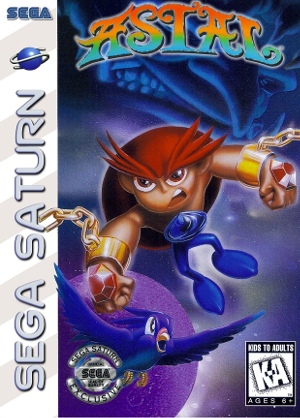
The second part about remembering what you paid is to see about buying or selling additional copies. Let’s look back at Super Mario Galaxy for the Wii. If you have a copy already and you know you paid about $15 to get it, and then you end up with another copy as part of a larger game lot you picked up off Craigslist, you might want to sell your extra copy. But for how much? Market price might dictate how much you can sell for, but it can also help you in determining if now is even a good time. Is it selling for less than you bought it for? Then you might want to hold on to it until a later date to recoup your investment.
With any given game purchase, I will use these tools to help me determine if a deal is actually a deal. With a little bit of research, gaming knowledge, and an understanding of your own collection, you too can make educated purchases and investments in games. Of course these aren’t the be-all end-all rules to buy games, but they’re some of the rules I like to follow.
Happy Hunting,
Jsick
